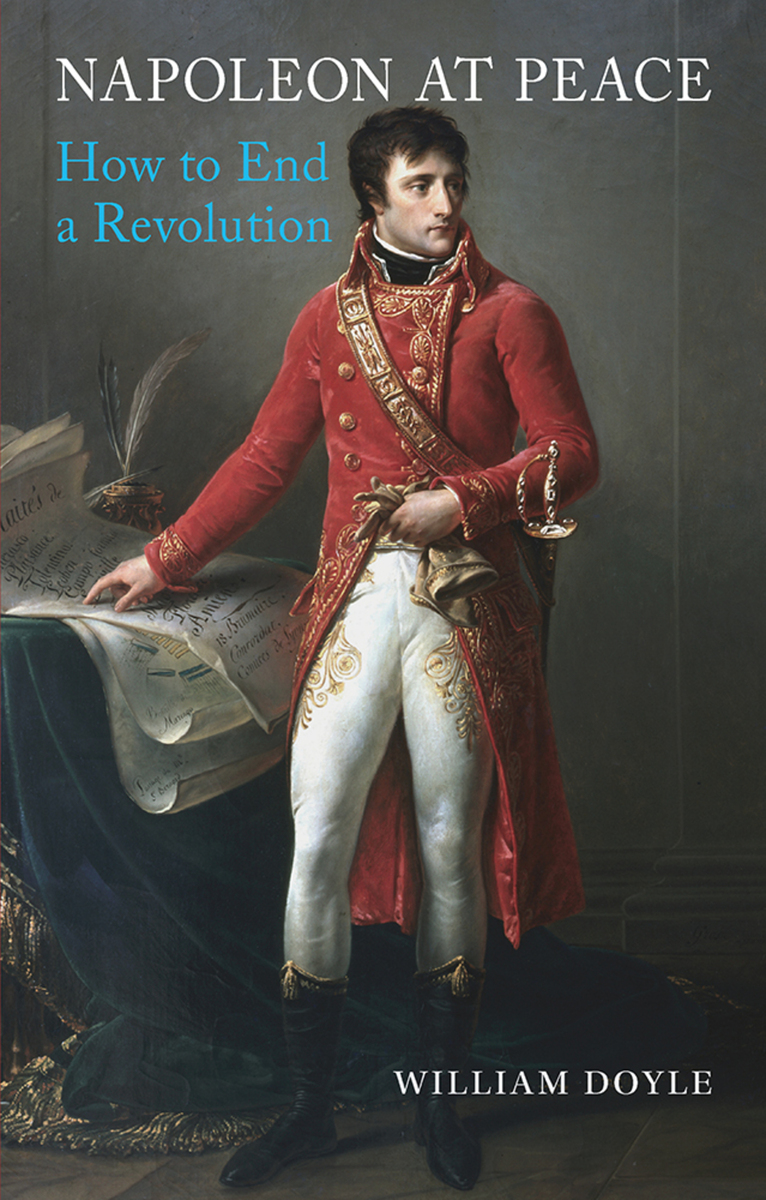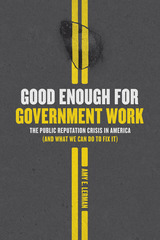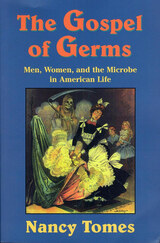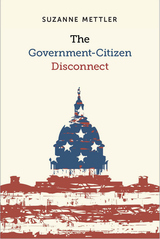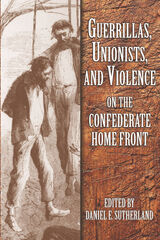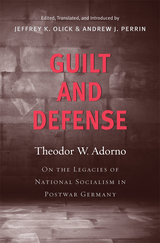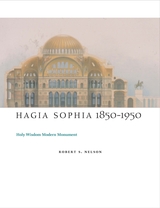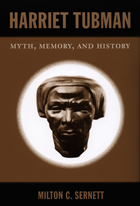Napoleon at Peace: How to End a Revolution
Reaktion Books, 2022
eISBN: 978-1-78914-618-9 | Cloth: 978-1-78914-617-2
See other books on: End | France | How | Revolution | Revolutions, Uprisings & Rebellions
See other titles from Reaktion Books
eISBN: 978-1-78914-618-9 | Cloth: 978-1-78914-617-2
ABOUT THIS BOOK | AUTHOR BIOGRAPHY | REVIEWS | TOC | REQUEST ACCESSIBLE FILE
ABOUT THIS BOOK
A cogent, comprehensive, and sweeping account of Napoleon’s dismantling of the French Revolution, giving new insight into this critical period of French history.
The French Revolution facilitated the rise of Napoleon Bonaparte, but after gaining power he knew that his first task was to end it. In this book William Doyle describes how he did so, beginning with the three large issues that had destabilized revolutionary France: war, religion, and monarchy. Doyle shows how, as First Consul of the Republic, Napoleon resolved these issues: first by winning the war, then by forging peace with the Church, and finally by making himself a monarch. Napoleon at Peace ends by discussing Napoleon’s one great failure—his attempt to restore the colonial empire destroyed by war and slave rebellion. By the time this endeavor was abandoned, the fragile peace with Great Britain had broken down, and the Napoleonic wars had begun.
The French Revolution facilitated the rise of Napoleon Bonaparte, but after gaining power he knew that his first task was to end it. In this book William Doyle describes how he did so, beginning with the three large issues that had destabilized revolutionary France: war, religion, and monarchy. Doyle shows how, as First Consul of the Republic, Napoleon resolved these issues: first by winning the war, then by forging peace with the Church, and finally by making himself a monarch. Napoleon at Peace ends by discussing Napoleon’s one great failure—his attempt to restore the colonial empire destroyed by war and slave rebellion. By the time this endeavor was abandoned, the fragile peace with Great Britain had broken down, and the Napoleonic wars had begun.
See other books on: End | France | How | Revolution | Revolutions, Uprisings & Rebellions
See other titles from Reaktion Books
